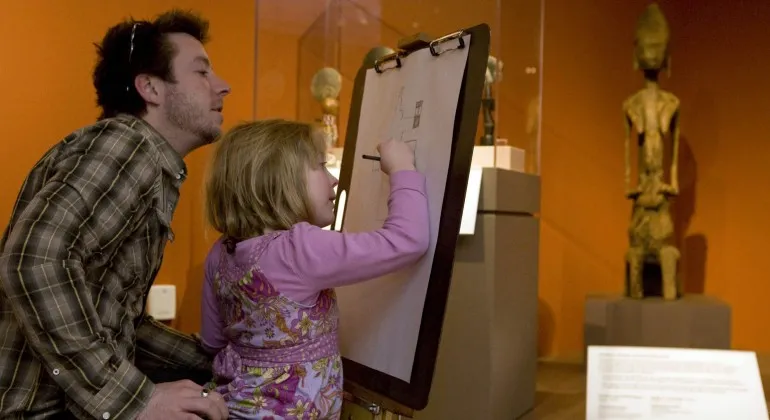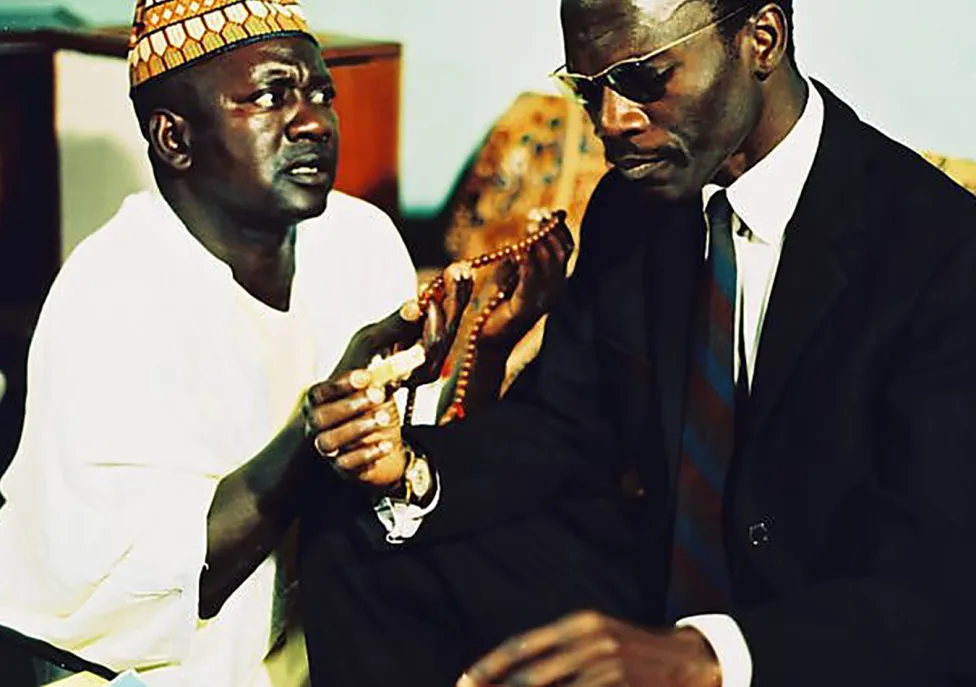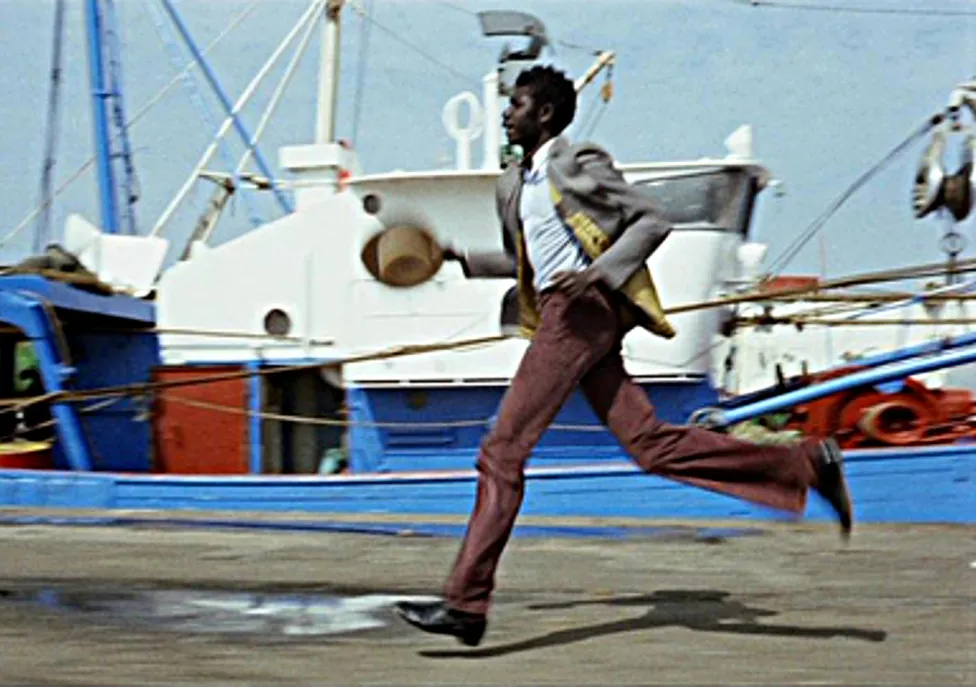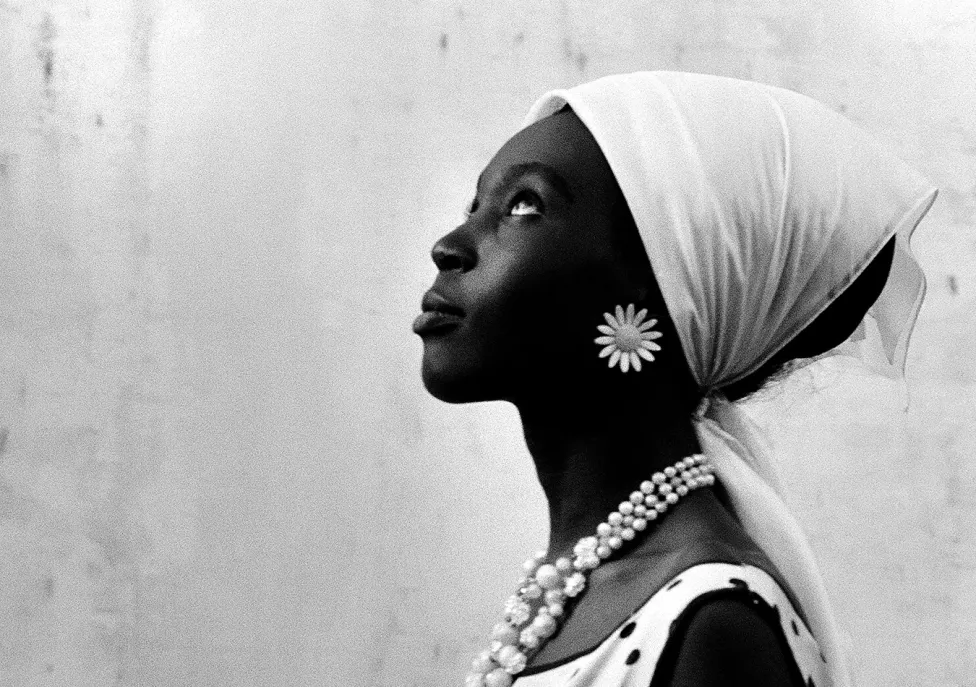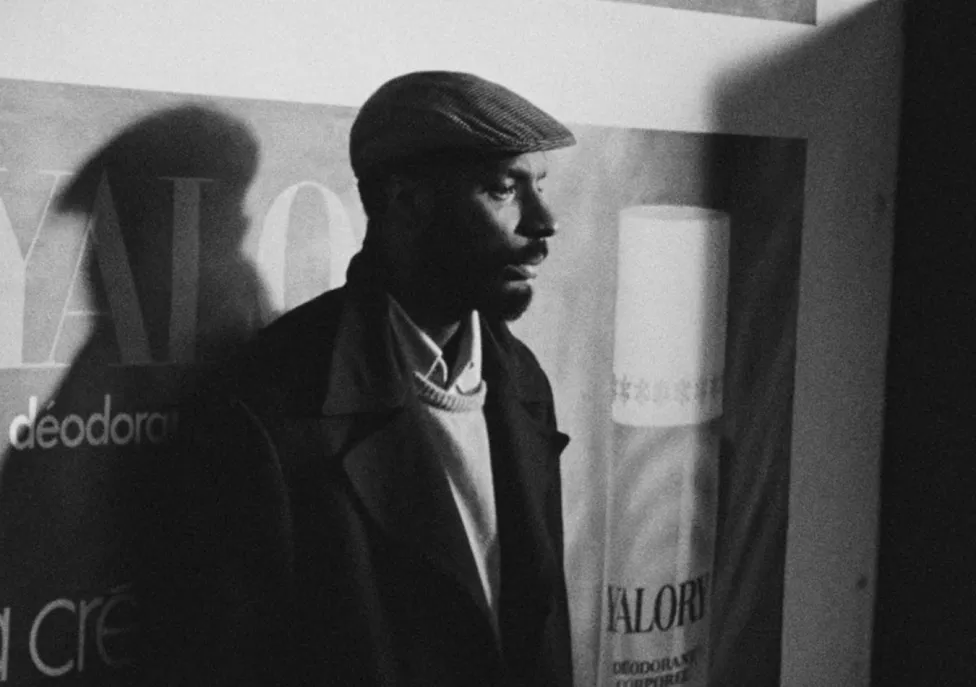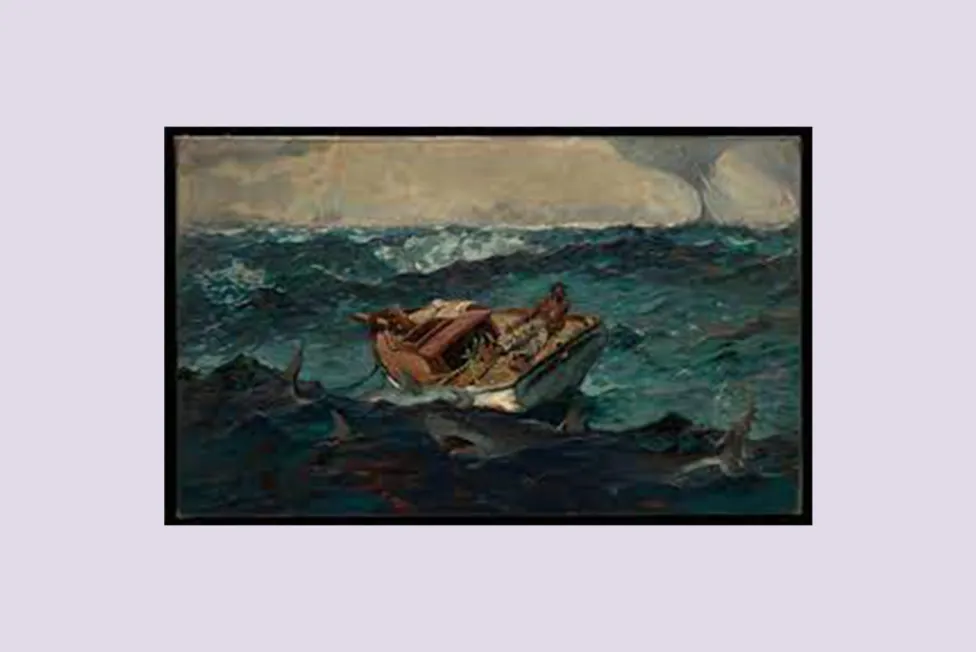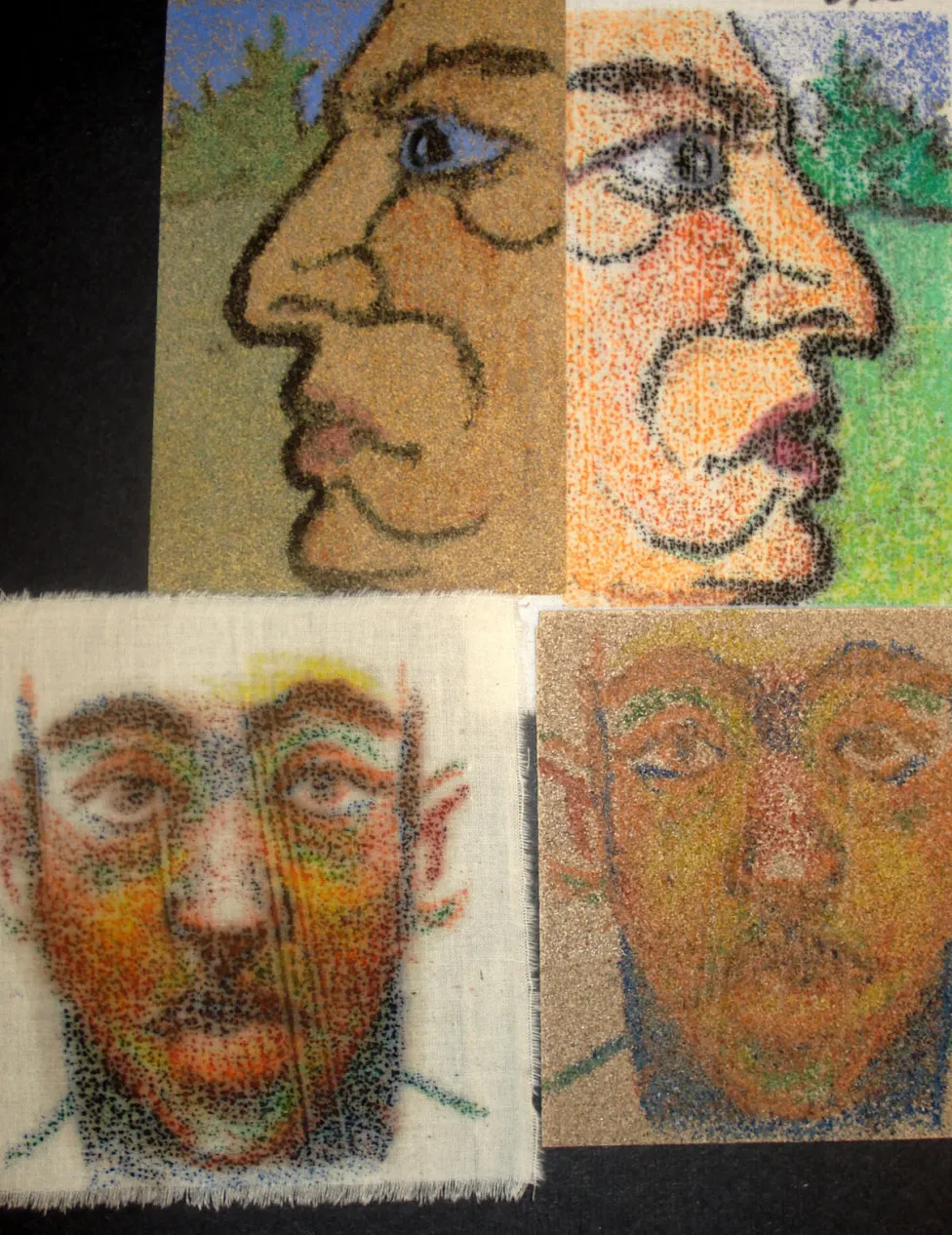Guest Artist Workshop: Collage with Katie Yamasaki
Attend:
| Free with general admission |
*General museum admission is FREE for residents of Wayne, Oakland, and Macomb counties.
Location:
Art-Making Studio
5200 Woodward Ave
Detroit, MI 48202
United States
Katie Yamasaki’s newest picture book, Shapes, Lines, and Light: My Grandfather’s American Journey, celebrates the life of her grandfather, the acclaimed Japanese American architect Minoru Yamasaki.
Please join Katie for a joyful and reflective afternoon of storytelling and art-making for friends and families of all ages with a collage-based project in our Art-Making Studio.

Katie Yamasaki’s newest picture book, Shapes, Lines, and Light: My Grandfather’s American Journey, celebrates the life of her grandfather, the acclaimed Japanese American architect Minoru Yamasaki.
Please join Katie for a joyful and reflective afternoon of storytelling and art-making for friends and families of all ages with a collage-based project in our Art-Making Studio.
